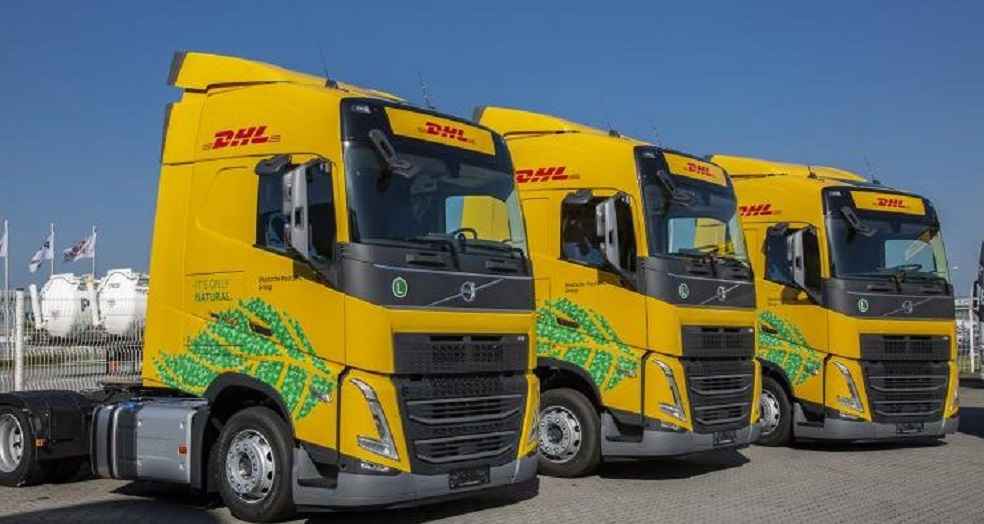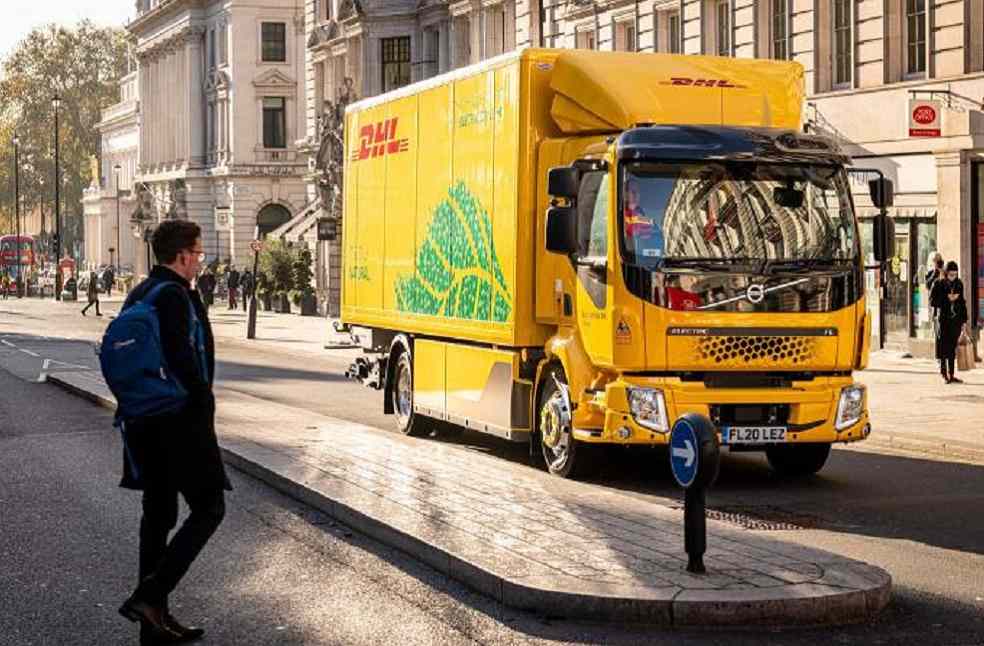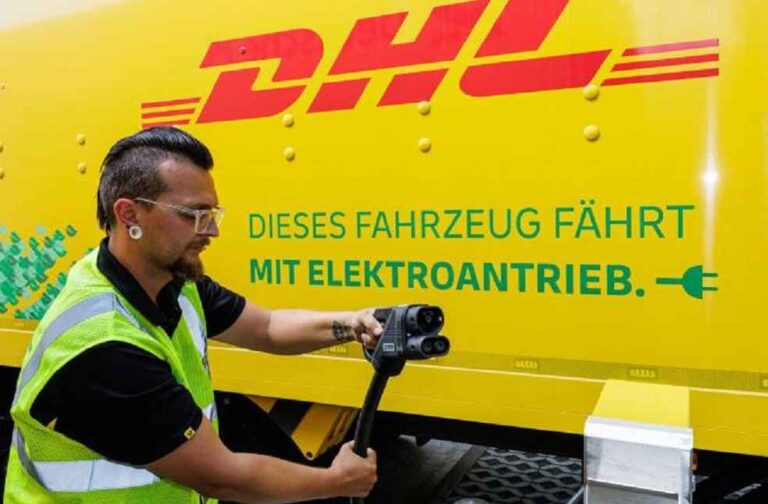DHL Group has entered a strategic partnership with energy provider E.ON to significantly expand electric charging facilities for heavy commercial vehicles across Germany. This initiative is part of a broader effort to transition DHL’s fleet towards sustainability, specifically targeting emission reductions within the logistics sector.
The agreement mandates E.ON to spearhead the development and installation of fast-charging and transformer stations at DHL sites. Tailored to meet the unique requirements of electric trucks, the project includes innovative charging solutions like traverse systems with overhead cable guidance and specialized setups for seamless integration at compact loading docks.

Andreas Mündel, Senior Vice President Strategy & Operation Programs at DHL Group, stresses the critical nature of this venture: “The electrification of our fleet, especially in the area of heavy commercial vehicles, is an important building block on the way to our goal of making the entire logistics chain as sustainable as possible. We are delighted that we can work with E.ON to expand the charging infrastructure for us and our partners.”
Mathias Wiecher, Chief Commercial Officer of E.ON Drive, underscores the project’s scope and objectives: “The switch to electromobility is a key element in reducing emissions in the transportation and logistics sector. At the same time, electrifying an entire fleet of trucks is a challenge that should not be underestimated. Our goal is to find the optimal solution for our customers that meets both operational requirements and sustainability goals. We look forward to tackling this project together with DHL and thus actively shaping the change in logistics.”

Aligned with its Strategy 2025, DHL Group is committed to reducing its logistics-related greenhouse emissions to under 29 million tons of CO2e by 2030, conforming to the Science Based Targets Initiative. Integral to this commitment are measures like adopting sustainable aviation fuels, managing carbon-neutral facilities, broadening the green product lineup, and electrifying the fleet. With 35 e-trucks currently active in Germany and over 35,200 electric vehicles for pickup and delivery tasks, DHL aims for electric vehicles to comprise 60% of its fleet by 2030, marking a transformative era in logistics sustainability.
LATEST | Ford Tops U.S. Auto Market: Leads in Production, Exports, and Jobs





